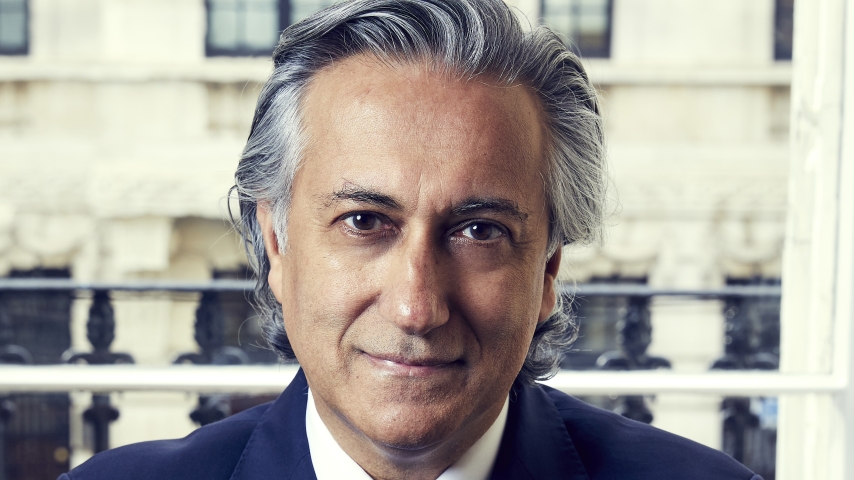
Генетика давно вышла за рамки криминалистики и родословных. Сегодня она становится основой для персонализированного подхода к благополучию. Доктор Аамер Хан, признанный специалист в области эстетической и регенеративной медицины, утверждает: правильное понимание своего генетического кода позволяет переосмыслить концепцию старения и существенно повлиять на продолжительность активной жизни.
Каждый организм обладает уникальным генетическим профилем. Исследование ДНК позволяет выявить предрасположенности к заболеваниям, задолго до их возможного появления. Генетические маркёры — SNP (single nucleotide polymorphisms) — могут сигнализировать о нарушениях, связанных с образом жизни, питанием, уровнем стресса и воздействием внешней среды.
По словам доктора Хана, ранняя диагностика становится основой для точной профилактики и позволяет корректировать риски до того, как они превращаются в диагноз. В центре внимания — сохранение высокого качества жизни вплоть до глубокой старости, без необходимости в агрессивной терапии или длительном медикаментозном сопровождении.
После почти четверти века в британской системе NHS, доктор Хан основал клинику Cellular + Regenerative в Лондоне. Концепция клиники основана на наукоёмком подходе к оздоровлению, с упором на персонализированные данные и раннее вмешательство.
Задача — не замена классической медицины, а усиление её потенциала, через партнёрство с государственными структурами. При этом акцент смещается на профилактику, что снижает нагрузку на систему здравоохранения и высвобождает ресурсы для более эффективной помощи.
Вдохновение для своих методик доктор Хан нашёл во время работы участковым терапевтом в районе Бёрнвилл в Бирмингеме. Сообщество, выросшее на принципах умеренности, натурального питания и физической активности, отличалось исключительно высоким уровнем долголетия. Многие местные жители доживали до ста лет, оставаясь при этом в хорошей форме — как физически, так и ментально.
Эти наблюдения подтвердили гипотезу: факторы окружающей среды и стиль жизни способны влиять на экспрессию генов, активируя или подавляя предрасположенности к хроническим заболеваниям.
Генетическое тестирование открывает доступ к новейшим достижениям медицины: высокоточным методам онкологического скрининга, терапии с использованием технологии CRISPR, индивидуальной подборке лекарств и даже персонализированным вакцинам.
Важную роль играет и состояние микробиома. Исследования подтверждают связь между здоровьем кишечника и психоэмоциональным фоном, иммунной системой и обменными процессами. Современные тесты позволяют выявлять скрытые дисбалансы и оперативно их корректировать.
По мнению доктора Хана, человек, обладающий осознанностью и готовностью к профилактике, способен сохранять активность до 100–120 лет. Всё начинается с изучения генетической карты — базы, на которой строится персональный план здоровья.
Cellular + Regenerative предлагает концепцию будущего, где медицина становится не реакцией, а предвидением. И в этом подходе ДНК — не архив, а компас.

